Thrillers are hot right now and have been for some time. They can be intimidating to write, however. If you’re looking to dive into the thriller game, this month’s interviewee has some tips to get you started and keep your readers on their toes.
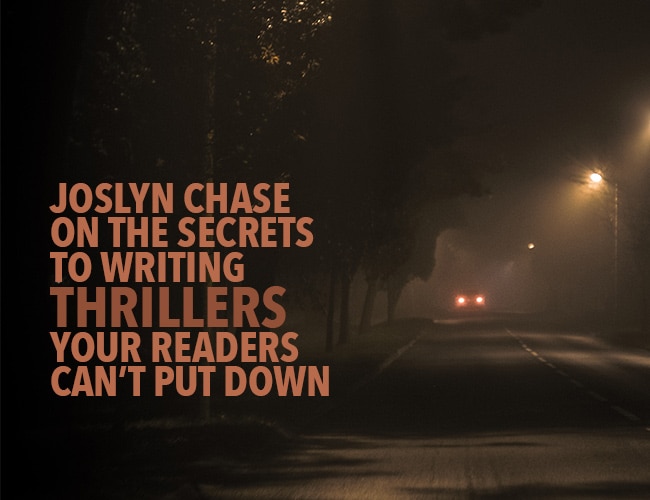
At The Write Practice, we publish a new article each day designed to help writers tackle one part of their writing journey, from generating ideas to grammar to writing and publishing your first book. Each article has a short practice exercise at the end to help you immediately put your learning to use.
Check out the latest articles below or find ones that match your interest in the sidebar.
And make sure to subscribe to get a weekly digest of our latest posts, along with our free guide, 10 Steps to Become a Writer.

Thrillers are hot right now and have been for some time. They can be intimidating to write, however. If you’re looking to dive into the thriller game, this month’s interviewee has some tips to get you started and keep your readers on their toes.
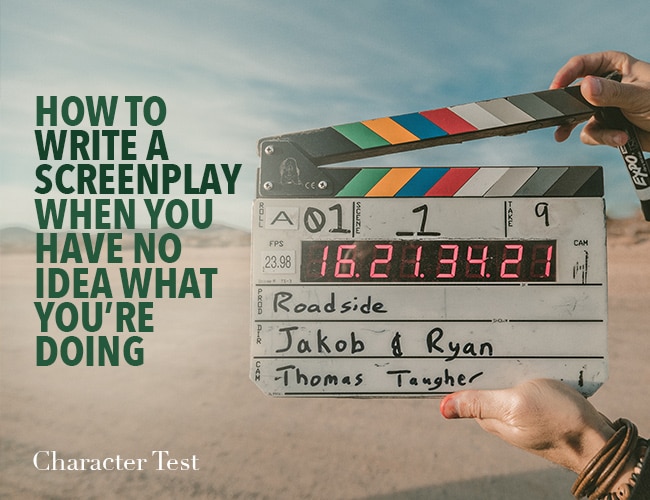
One of the beautiful things about creative work is that in many ways, there’s no formal training required. You can write the first pages, even the first chapters, of a book without ever getting an English degree or spending years training with great writers.
But what about when that doesn’t work anymore? When you find yourself in over your head with absolutely no idea what you’re doing or where to go next—what then?
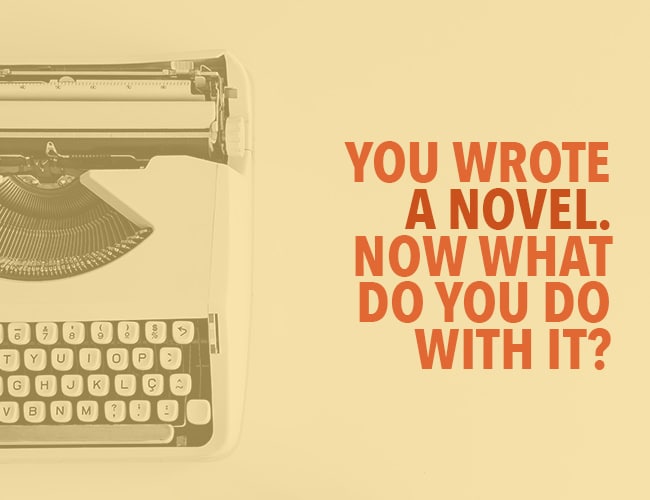
So you wrote a novel. Now what do you do with it? The life of an indie writer is rife with challenges. When it comes to publishing and marketing a book you’ve written, there are countless decisions to be made and lots of work to be done.

What does it take to become a travel writer and build the creative life of your dreams? How do you go from hoping for a big break to creating that big break yourself?
In this episode of Character Test, I talk with an outdoor adventurer and television host about what it takes to make it in competitive creative fields.
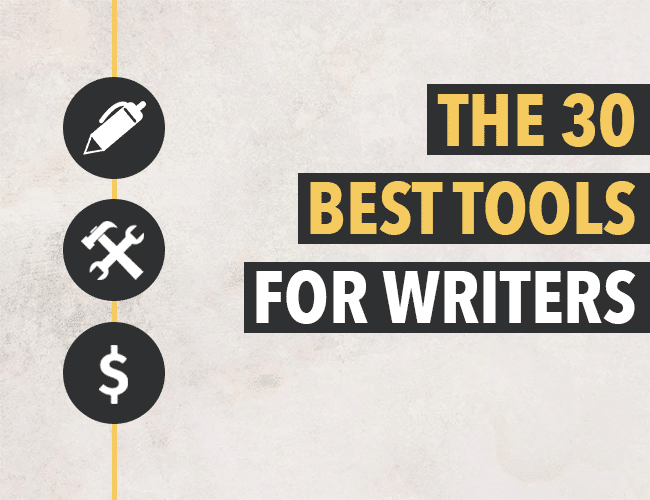
If you want to write a book, you need the right tools for the job. But what are the best tools for writers? We get asked that all the time.
Whether you’re ready to write, publish, or market your book, there are hundreds of resources you could use. They’re not all equal, though. Some will help you make your book better than you’d ever dreamed, and others, well, won’t.
I want to help you find the best tools for your writing, too. I’ve put together a roundup of the thirty best tools for writers at every stage of the writing and publishing process.
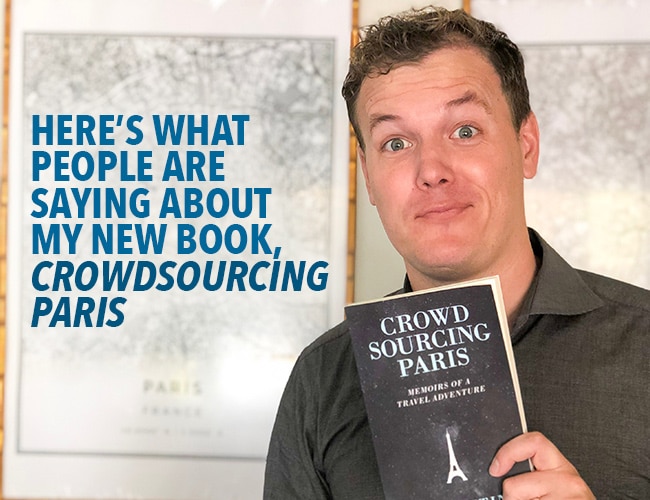
A couple weeks ago, my new book, Crowdsourcing Paris, was published. It’s an amazing feeling to launch a book you’ve been working on for five years. I’m so proud of it.
It’s even more fun when people start reading it and enjoying it. The reviews have been pouring in, and I’ve loved hearing what readers have to say.
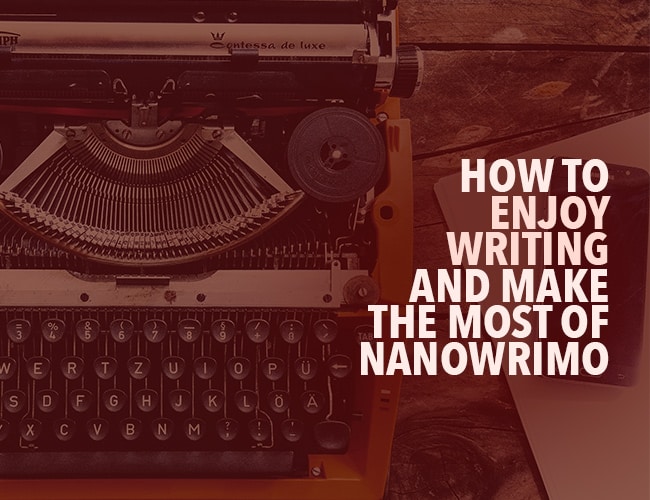
Do you hear that sound? The furious scratching of pens and the clacking of keyboards has begun around the world as the month of writing abandon is finally here. Whether or not you’re participating in NaNoWriMo (National Novel Writing Month), here are a few quick tips to help you enjoy writing this month, no matter what your goals are.
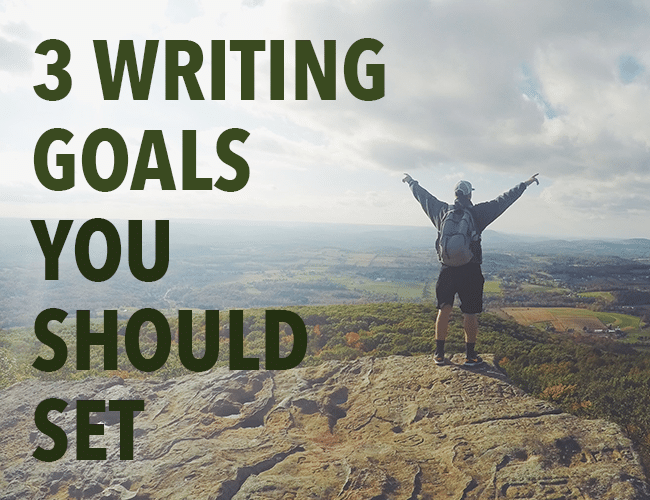
Goals can help you do a lot of things. They keep you focused, they help you strive to be better, and they challenge you.
There are several different kinds of goals you should set for yourself. I’m thinking of three specifically. And trust me when I say they’ll help you immensely.

You might have seen that my new book, Crowdsourcing Paris, is now published. But what’s it about? Why did I write it? And most importantly, how can you know whether it’s a book that you would enjoy?
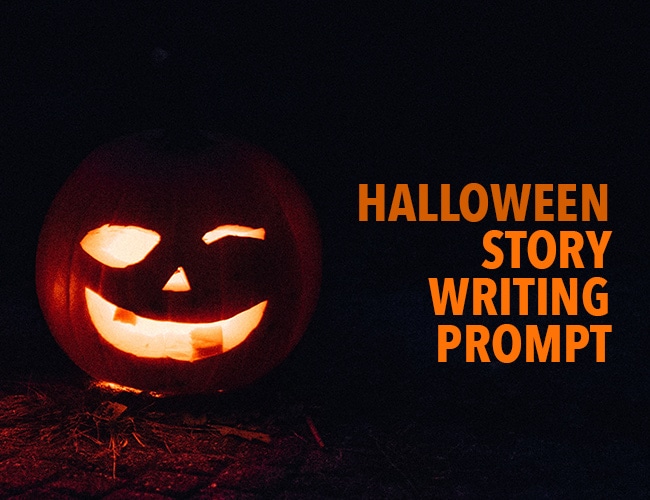
Halloween is a time to bring out your spooky side, to get creative, and to eat tons and tons of candy. In other words, Halloween is a time to be a kid again.
In that spirit (see what I did there?), my prompt for you today is a little on the lighter side: write from a child’s point of view.